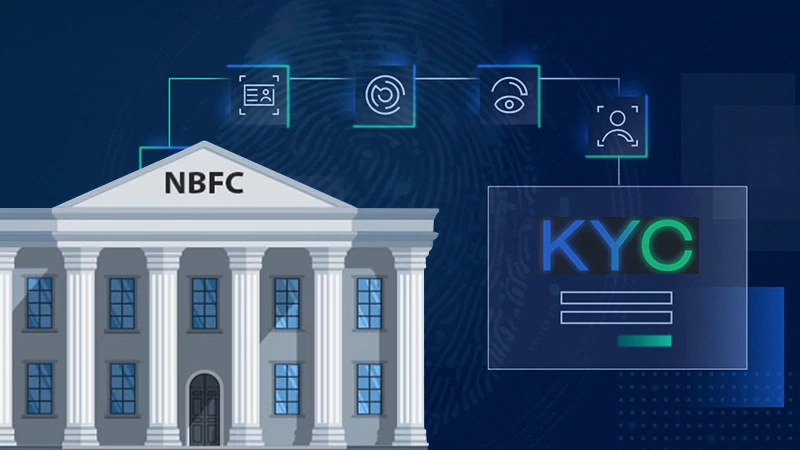How Digital Health IDs are Changing the Health Insurance Landscape
In recent years, there has been a push for a more digital way of handling our personal information. From online banking to e-signatures, everything seems to be moving toward a paperless future. The healthcare industry is no different. Insurance companies are now using digital health IDs to streamline the process and make things more efficient. But what exactly are digital health IDs, and how do they work? Let’s take a closer look.
What is Digital Health IDs?
Digital health IDs are unique identifiers assigned to individuals to keep track of their medical history and claims information. Both patients and providers can use these IDs to access important health information. For patients, this means being able to view their own medical records and claims history. For providers, this means pulling up a patient’s information quickly and easily.
How Do Digital Health IDs Work?
Digital health IDs are not just a random string of characters. Instead, they are linked to the patient’s unique medical data. This data includes their name, address, date of birth, and insurance information. So, when a patient’s digital health ID is used to access their health records, it helps to ensure that the right information is being pulled up. Health id card registration is essential to get the benefits from it. It also helps to protect the patient’s personal information and keep it secure.
How are Digital Health IDs Changing the Health Insurance Landscape?
Digital health IDs are changing the way insurance companies do business. By using digital health IDs, insurers can better track patient data and claims. It means they can manage risk better and identify areas where cost savings can be made. Additionally, by having access to a patient’s complete medical history, insurers are better able to make decisions about coverage and care.
Digital health IDs also help reduce paperwork and claims processing costs. Insurance companies can save time, money, and resources by automating the process.
All in all, digital health IDs are a great innovation for the health insurance industry. They provide an efficient way to store and access patient data, streamline claims processing, and ensure that insurers can make the best decisions for their customers. As more companies move towards digital health IDs, they will likely become the norm in the health insurance industry. That way, you can be sure that your insurance company has the most accurate information possible and can provide you with the best coverage and care possible.
Benefits of Digital Health ID
Digital health IDs can make a range of processes easier and more efficient, including the following:
Control Over Personal Health Information:
One of the benefits of digital health IDs is that they give patients more control over their own health information. In the past, patients would have to request their medical records from their doctors or insurance companies. With a digital health ID, patients can log in to a secure portal that is abdm.gov.in, and view their records anytime. This is especially helpful for those needing to track their medications or allergies.
Reduce Errors:
Another benefit of digital health IDs is that they help to reduce errors. When all of a patient’s information is stored in one place, it’s less likely that something will get lost in the shuffle. This is important because even a small mistake can seriously affect someone’s health.
Streamline Claims Processing:
Digital health IDs can also help to streamline the claims processing process. As a result, insurance companies can more easily verify a claim and provide faster payment by having access to a patient’s complete medical history. It is especially beneficial for those dealing with a chronic illness or injury, as they can get the coverage they need faster.
Save Time and Money
Digital health IDs can help save time and money. By making it easier for providers to access a patient’s information, there’s no need for duplicate tests or procedures. This saves the patient time and money and helps free up resources to be used elsewhere. However, it’s important to remember that digital health IDs can only be as effective as the data they are based on. So, it’s essential to ensure that all your medical records are up-to-date and accurate.
Improved Patient Care
Finally, digital health IDs can help improve overall patient care. By having access to the most up-to-date information, healthcare providers are better able to diagnose and treat conditions quickly and accurately. With this information, they can also track any changes or trends in a patient’s health over time. This helps to ensure that the patient is getting the best care possible.
Overall, digital health IDs are revolutionizing the healthcare industry. As more and more insurance companies adopt this technology, patients can access their records and make informed decisions about their health. This is a major step forward in ensuring everyone has access to the care they need.
Conclusion
Digital health IDs are changing the healthcare landscape by giving patients more control over their health information and reducing errors. This new system is not only more efficient, but it also helps to save time and money. So, if you’re looking for a more efficient way to manage your health insurance, consider getting a digital health ID today!
Follow Us
Latest Post
















